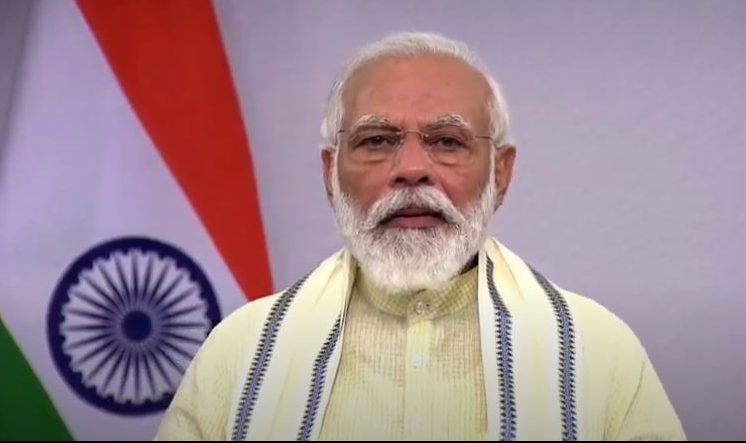The National Education Policy that was recently brought before the citizens of India has brought in a wide variety of reactions from both ends of the spectrum and has gained the attention of policy makers, educationists, teachers, parents and institutional owners from all parts of the country.
National Education Policy is big on access to education.
Starting from primary education.
In Higher Education, the aim is to increase Gross Enrolment Ratio to 50 percent by 2035: PM @narendramodi
— PMO India (@PMOIndia) August 1, 2020
While the country discusses and debates the NEP and talks about its potentials and weaknesses, PM Narendra Modi has said that the NEP is a complete game changer and will change the educational landscape of India for the good. PM Narendra Modi said that the NEP will emphasise on creating ‘job creators’ rather than ‘job seekers’.
He also said that the NEP would radically transform the educational landscape of India and was aimed at changing both the intent and the content of education in the country.
He also said that by bringing in an open-ended and multidisciplinary approach to education, the NEP would ensure that children gain a lot more exposure and are able to focus on what they really want to learn. He also said that the youth have a very crucial role in achieving a time when even the poorest of India’s poor has the dignity of life and the ease of living.
The NEP has surely generated widespread debate and discussion on the prospects of change and transformation that are possible now, but there is also a growing worry that with rapid privatisation and centralisation many of the freedoms enjoyed by the academic community earlier may be lost.


